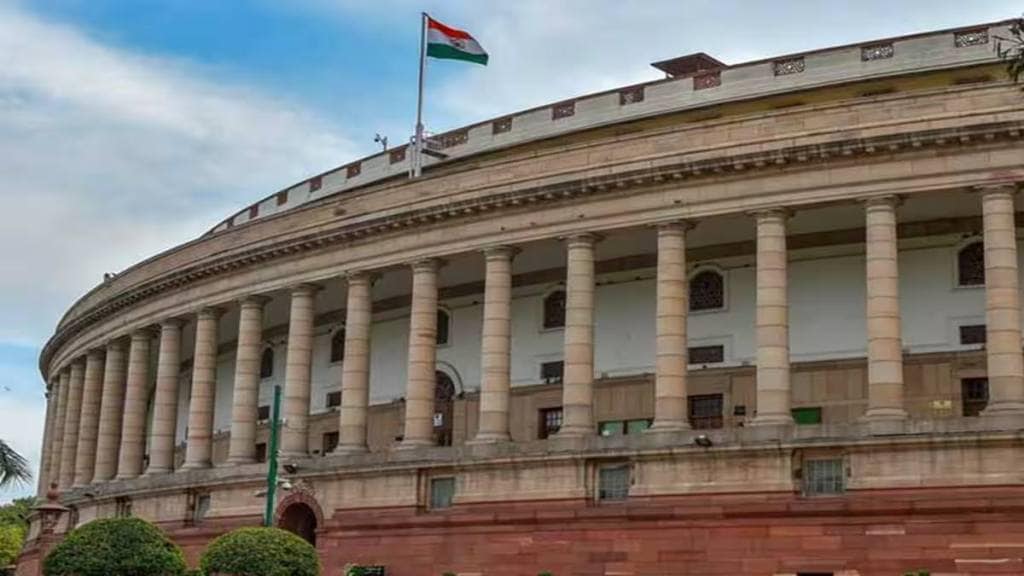Parliament has failed to conduct any significant business and adjourned well ahead of time on all days since the start of the Monsoon Session on July 20. The Opposition has been unrelenting in its demand for a discussion on the months-long violence in Manipur and wants the prime minister to speak in Parliament. On its part, the government kept mum—until Monday, when Union home minister Amit Shah made a brief statement in Lok Sabha, saying he failed to understand why the Opposition is not allowing a discussion on Manipur in the House and requested members to facilitate this. That should have led the ice to thaw, but the suspension of Aam Aadmi Party’s Sanjay Singh from the Rajya Sabha for the rest of the session could muddy the waters once again.
To be sure, the Opposition’s demand for the prime minister to speak on the subject in the House is fair. The situation in Manipur today reflects as much a failure of the Union government as that of the state government, headed by N Biren Singh who has proved to be unequal to the challenges that the ethnic conflict has thrown up. There have been episodes of violence as late as on Saturday, close to two months after the home minister visited the state. But that doesn’t give the Opposition the licence to hold Parliament to ransom. A discussion on Manipur is non-negotiable, but so is Parliament functioning—debate, discussion, accountability-seeking and conduct of legislative business included.
Parliament productivity has been the casualty of the deepening divide between the ruling party and the Opposition. The Budget Session saw the Lok Sabha function for just a third of the scheduled time, while the Rajya Sabha did worse, functioning for less than a quarter of the time it was supposed to. And this is hardly the exception—the number of days the current Lok Sabha functioned is all set to become the lowest for any full-term Lok Sabha since 1952, beating the previous Lok Sabha’s (2014-2019) poor record. The ruling party has much to answer for, with its aversion to debate and tendency to use its brute majority to steamroll any opposition or dissent. This is quite apparent from the way it has gone about legislative business, be it the haste in bringing the Delhi Services Ordinance or the passing of Bills with minimal or zero discussion and debate—the Budget Session earlier this year saw two Bills, the Competition (Amendment) Bill and the Finance Bill, passed without any discussion.
But the Opposition has only made this easier, and contributed in no small measure to erosion of representative democracy. By using the disruption of House proceedings as its only strategy, it has made sure that matters of grave importance that should have been debated in Parliament to extract accountability from the government are reduced to theatrics on the street and in television studios. Unless the Opposition allows Parliament to function, it can’t hope to get the government to answer. Instead, all it will achieve is washed-out sessions, and important bills being passed without the deliberation and reflection they merit. In the end, politics should not be of, for, and by the politician, or the political party. While each and every well-meaning citizen should be feeling ashamed and enraged over Manipur, the people of India would also want all political parties to go beyond posturing, optics and showmanship and ensure a responsible, responsive and productive Parliament.


